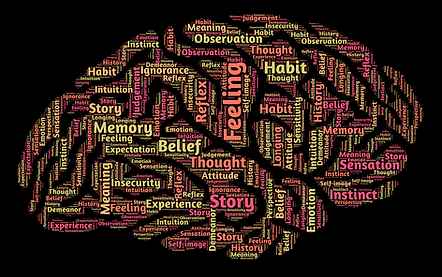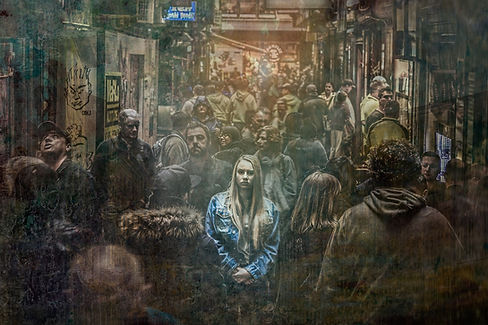

Neurodivergence
Up to a fifth of the UK population - around 13 million people - may be neurodivergent and living with ADHD, autism, dyslexia, and various other cognitive variations but large numbers of people remain undiagnosed (Henley, Jordan & West, 2020).
Neurodivergence means that we, as members of the human race, enjoy wondrous diversity in terms of the ways we think, create, and can come together to solve problems.


But living with neurodivergence can also present challenges affecting nearly every aspect of life. People living with conditions such as autism, ADHD, or dyslexia often feel a need to hide or ‘mask’ their natural ways of being in order to conform to neurotypical ‘norms’ and expectations.
Although ideas are slowly changing, many neurodivergent individuals experience anxiety, depression, and a threatened sense of self: like they cannot simply be as they are without having to force themselves to appear, sound, and behave in certain ways. This of course can lead to problems with school and work, with partners and friends, and often leads to periods of intense crisis and burnout. Certain times of life, such as puberty and perimenopause, can exacerbate any existing difficulties with things like time-management, forgetfulness, and social anxiety, which can rapidly lead to anxiety, low self-esteem, and depression.
Still today in many schools and workplaces there exist rigid structures around things like spaces and times which lack the flexibility required to accommodate and bring the best out of people’s varied ways of thinking, processing, and interacting. It is still a huge challenge for many neurodivergent people to psychologically survive, let alone thrive. I have worked therapeutically with many people who have spent a lifetime being labelled as lazy, difficult, or selfish, when in reality, most environments, including their home environments, were simply never created with their unique needs in mind.

Neurodivergent people often struggle with feeling different and therefore somehow wrong, as well as feeling isolated or rejected by others. Sometimes, even talking to other professionals including in healthcare settings, can leave people feeling unheard and misunderstood. When it comes to diagnosing conditions such as autism and ADHD, certain groups of people are more likely than others to be either dismissed or misdiagnosed, including women and those who are ethnically diverse.
